Christopher Priest, now 73, has been quietly turning out oddly mesmerising fiction for nearly half a century but, like the protagonists of his 2005 novel The Glamour, somehow has the knack of never quite being noticed.
It is true that he has devoted admirers; he has won awards; he was on Granta’s original list of best young novelists — scraping in on age, not quality — and Christopher Nolan filmed, cleverly, his even cleverer novel The Prestige (1995), which was about Victorian illusionists and duplicity.
But though that book won both the ‘literary’ James Tait Black and the ‘genre’ World Fantasy Award, his work is not nearly as widely known or praised as it ought to be, certainly when compared with that of Amis, Barnes, Ishiguro, McEwan, Rushdie and others from 1983. The devout in Priest’s
congregation seem overwhelmingly to be science fiction and fantasy readers.
Not for the first time, their judgment is the more acute. The mainstream neglect is surprising, though, because Priest’s prose, even when engaged with the fantastic, has always been apparently prosaic — provided, that is, one means unshowy, straightforward and devoid of ostentation. For the cumulative effect of his plain sentences, quotidian events and ordinary settings is decidedly poetic, haunting and dreamy.
The setting for The Gradual is the Dream Archipelago, an imagined landscape that has featured in several of his previous novels, and in short stories from the 1970s. Though it was strongly suggested in The Affirmation (1981), the first novel partly set in the territory, that the huge group of islands might be no more than a schizophrenic delusion, they have acquired solidity in subsequent books. Indeed, The Islanders (2011) masqueraded as a Baedeker to the place.
This is a more conventional story, though a bare description of what happens hardly sounds promising. It concerns Alesandro Sussken, a modernist classical composer from the Republic of Glaund, which has for years been administered by a military junta and is in a state of perpetual war with its neighbour, Faiandland. Sussken’s brother Jacj is conscripted, but Alesandro escapes his fate and is given permission to travel through the neutral islands as a sort of cultural emissary.
Much of the book focuses on the trivialities and tedium of travel; changing money, hanging around ports, checking ship timetables, trying to make international phone calls. Nor is there anything very unusual about the islands or their inhabitants (though those that Sussken visits are perhaps less Mediterranean, and more north European, than those from earlier books).
Except in one regard, which provides the chief theme. On his return from his first tour of the islands, Sussken discovers that a period of months for him has seen years pass back home. On his return to the archipelago, he discovers that the ‘gradual’, or discrepancy in time, needs to be adjusted between each island he visits — something accomplished by adepts, a group of mostly young people who hang around the harbours, and (for a fee) will adjust the wooden stave with which travellers are provided, and which somehow guards against the slippage of time.
Music is an art entirely dependent on, and defined by, time (and gradual and stave are musical terms), but though Sussken is an entirely convincing creation as a composer, Priest’s examination of the way time affects experience goes into almost every aspect of art, life and memory.
He touched on the differences between objective and subjective time in Inverted World (1974) and most of his work involves meditations on separation, duality, identity and illusion. In The Gradual, time is the ultimate determinant of these factors. With great subtlety, Priest explores the ways in which time escapes us, encompasses us, and how our perception of it shapes who we are. This is not a time-travel story that relies on the conventional paradoxes of the form, but one which examines the way our experience depends on time, and the mysteries of how that happens in both solid, practical realities and the entirely abstract, impressionistic — and possibly deceptive — world of the imagination.
The extraordinary achievement of this excellent novel is that none of this ever feels laboured or forced. Its hypnotic quality is not quite that of a dream, but rather of the strange connections of memory, the ways in which time seems to slip away, accelerate or stand still, the ways in which recollected moments from years ago acquire new and mysterious importance, and how distance and separation are imposed or annihilated by our understanding of time.
The Gradual is a resounding success. In it, Priest, who has always been an interesting and exceptional writer, is operating at the very top of his form. Find the time to read it.
The post Time is of the essence appeared first on The Spectator.
Got something to add? Join the discussion and comment below.
Get 10 issues for just $10
Subscribe to The Spectator Australia today for the next 10 magazine issues, plus full online access, for just $10.
You might disagree with half of it, but you’ll enjoy reading all of it. Try your first month for free, then just $2 a week for the remainder of your first year.

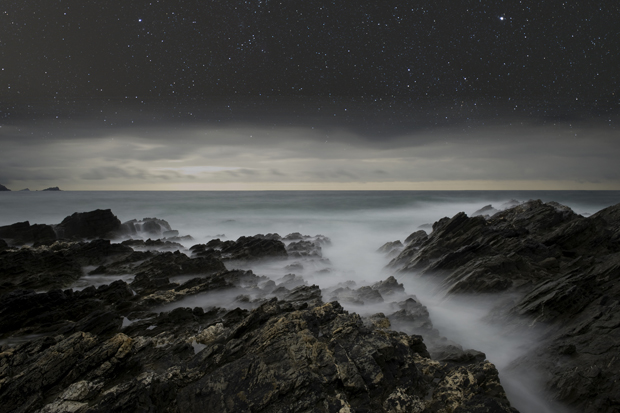
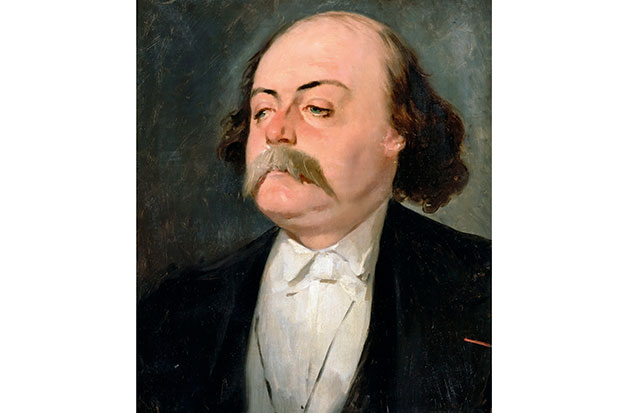
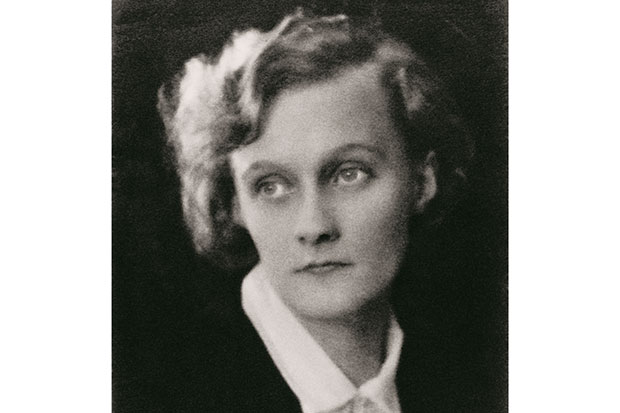

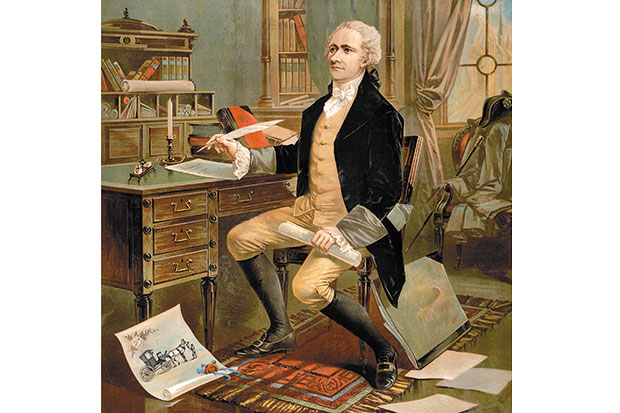
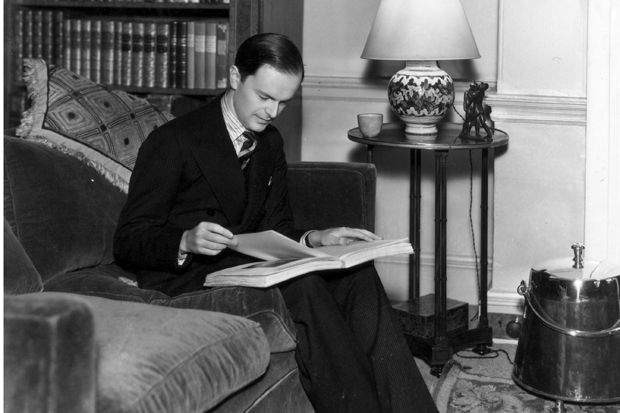







Comments
Don't miss out
Join the conversation with other Spectator Australia readers. Subscribe to leave a comment.
SUBSCRIBEAlready a subscriber? Log in